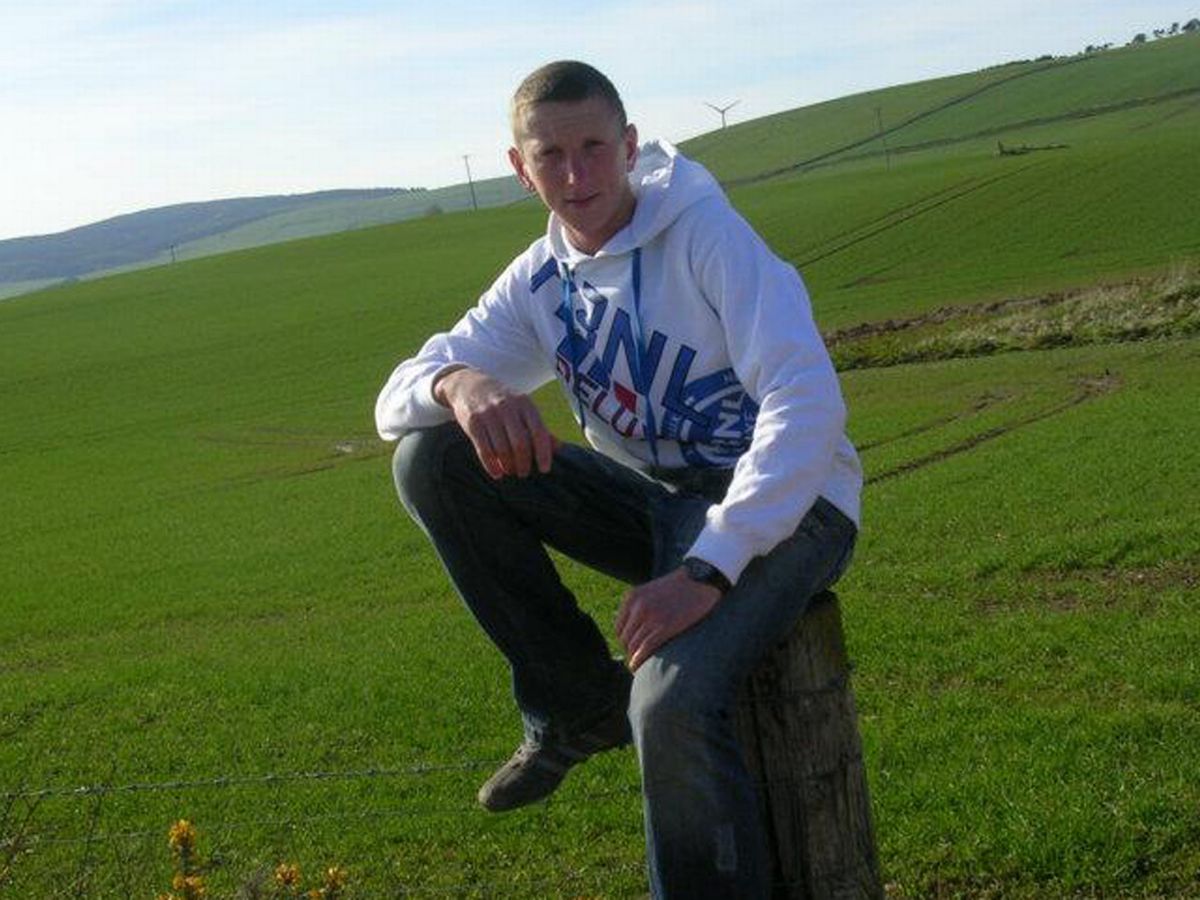By Chlotrudis Independent Film Society
Rating: 4 cats
Director: Richard Parry

Country: united_kingdom
Year: 2009
Running time: 79
IMDB: http://www.imdb.com/title/tt1286511/
Jason says: “Robert King does not give the impression of a great war photographer when we first see him in BLOOD TRAIL. In 1990s Sarajevo, he’s walking around a war zone like a naive kid; in 2007 Tennessee, we watch him stumble trying to set up a hunting blind. If the film ended there, one’s mind would easily extrapolate the story of a man who had his sanity wrecked from witnessing horrors he wasn’t ready to handle.
“That’s not this film’s story, though King is changed by what he sees, as he must be. Instead, we watch him mature as both a journalist and as a man as he moves to Moscow, covers the wars in Chechnya, Kosovo, Rwanda, and Iraq. Colleagues who treated him with derision when he started become close friends; a lifetime of binging between assignments settles down; and the means by which war photographers access the battlefield changes radically.
“According to director Richard Parry, this film started out as a comedic short about a callow young American in way over his head, accumulating more depth as Parry (a fellow war journalist) crossed paths with King anew. Those roots occasionally show through, especially during the opening act in Bosnia. It’s black comedy; there is, after all, a bit more of an edge to ‘ha ha ha, that fool’s going to get himself killed!’ when it’s a real war zone with real bullets – but we soon see that a large part of success is surviving one’s initial inexperience (true in all fields, if not always so literally so).
“Aside from being funny, this footage also inverts the typical biographic documentary in an intriguing way: Typically, the early stumbling comes out via stills and reminiscences, while there’s more footage available of later accomplishments, since the subject is known to be notable by then. Here, many parts of King’s career are represented mainly by his work, and much of the present day footage is downtime between assignments, taking friends and family on hunting trips (with various degrees of success).
“The rest of the modern footage is a relatively recent assignment in Iraq. Here, he’s an embedded journalist, and the movie shows him as decidedly ambivalent about it. The more settled part of him clearly appreciates the resources and increased chance of returning home safely, but we get the impression that he certainly wouldn’t mind trading it for the old independence. He knows he’s compromised – he says that “the only time I see Iraqis is when the army is kicking their doors in” – but that’s the way of modern warfare and journalism, like it or not.
“The movie is peppered with other interesting observations presented in interesting ways, such as the scene where King insists that you have to look at scattered body parts as forms and shapes in his job, but a certain amount of doubt creeps past his professionalism. Parry does a fine job of matching King’s Moscow photos to his description of his lifestyle at the time, and does a nice job showing how King has matured but remained, essentially, himself by juxtaposing two carpools with English photojournalist Vaughn Smith (though Smith is a producer on the movie, making me wonder if the scene from Bosnia was deliberately recreated in Chechnya).
“To give credit where credit is due, even as I laughed at the opening section, I know I’d do a lot worse than King in the same position. I wouldn’t want any part of his job, even as I acknowledge that we’re the poorer for his not being allowed to do it properly in Iraq. 4 cats
“Seen 16 March 2009 at the Alamo Ritz #2 (SXSW Special Screenings)”
